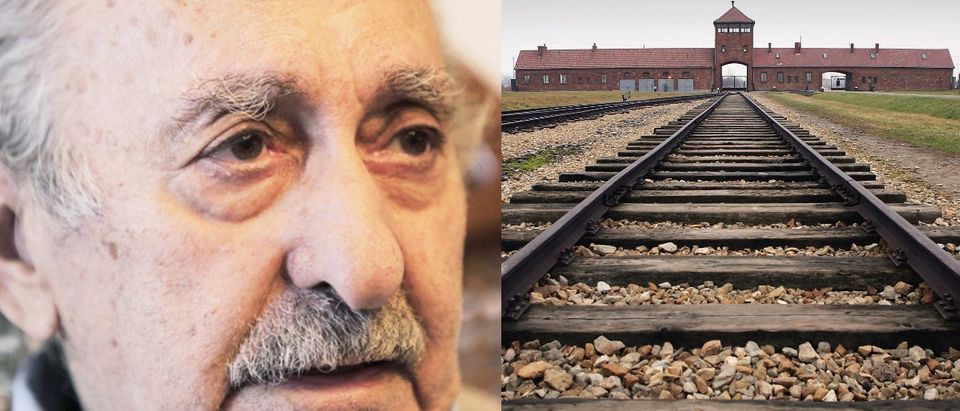David Tuck was enslaved by the Nazis and survived multiple concentration camps. In the wake of pundits and politicians comparing immigration detainment facilities in modern day America to Nazi concentration camps, Tuck felt compelled to speak out.
“Wake up,” he said in an exclusive interview with The Daily Caller. “Look it up. This is not the Holocaust.”
Tuck was born in Poland in 1929. When he was 10 years old, the Nazis invaded his country. They marched through his neighborhood, identifying Jews. David had a golden Star of David sewn to his clothes and was moved to a ghetto.
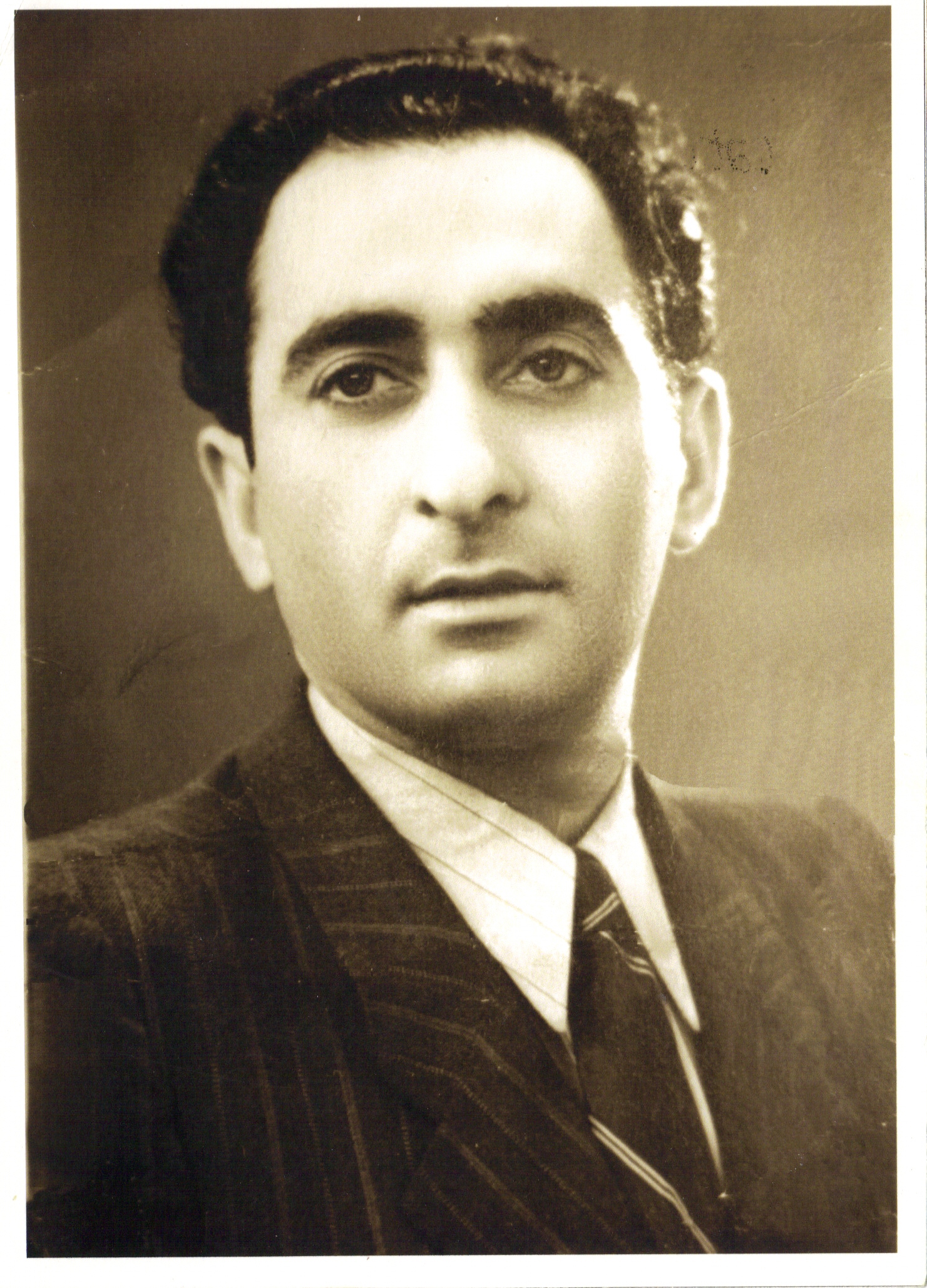
Mark Wilson/Getty Collections
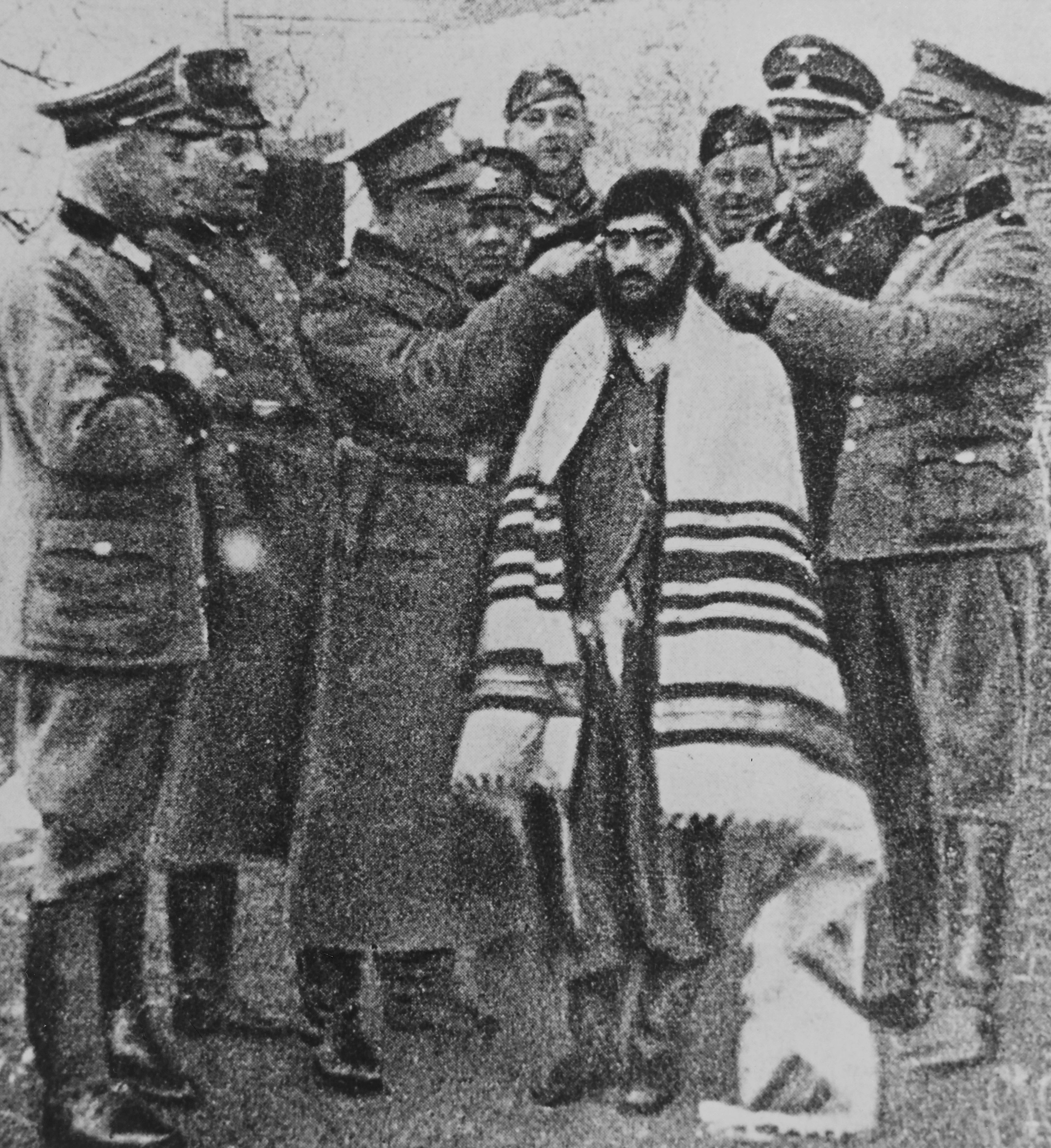
AFP/Getty Images
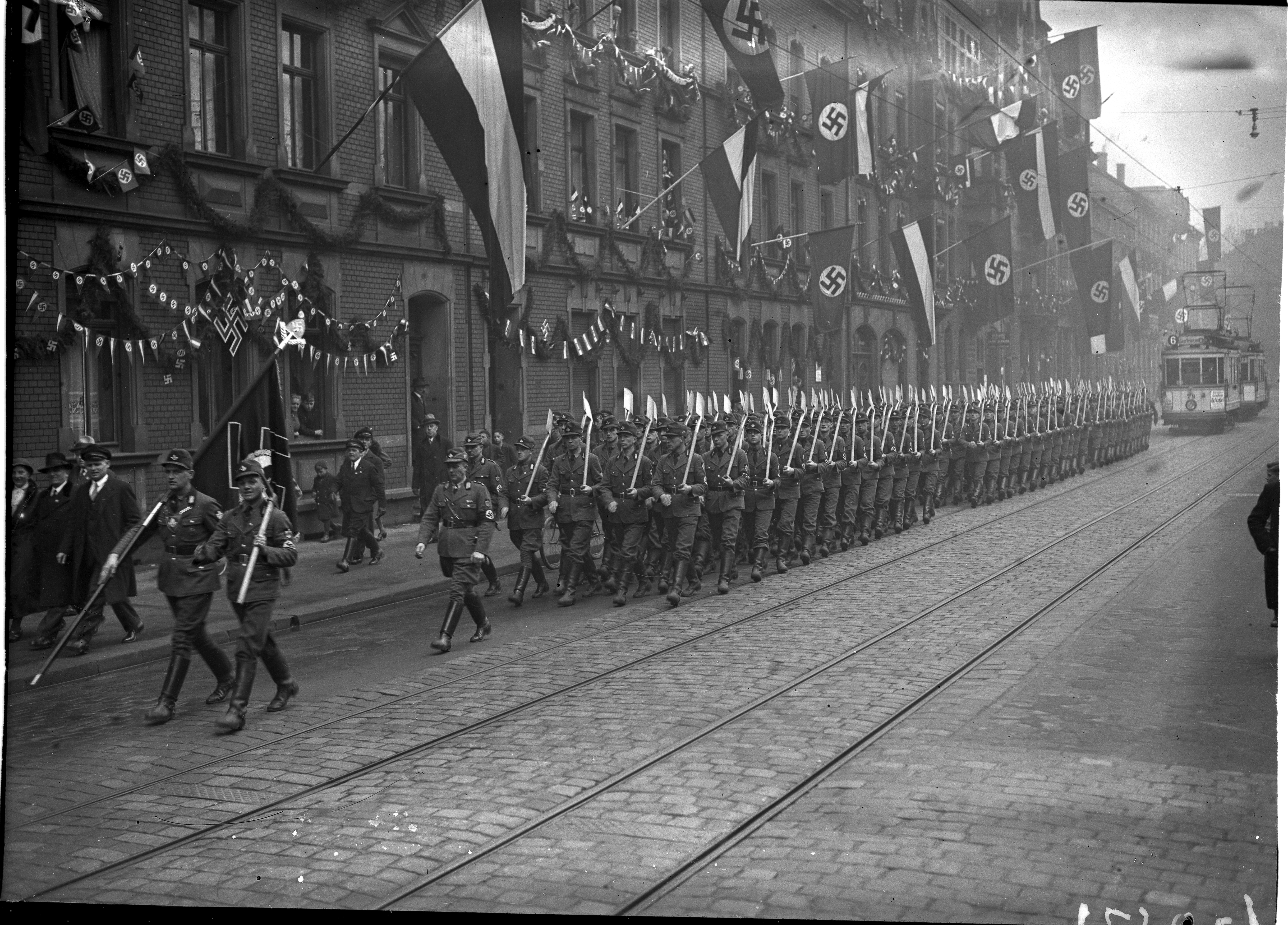
AFP PHOTO / FRANCE PRESSE
In 1941, David was deported to Posen, a Nazi labor camp in Poland, to work as a slave. In 1943, David was once again deported, this time to Auschwitz, where he was forced to build anti-aircraft guns. In 1945, David was deported a third time to the Mauthausen labor camp. He nearly died on the trip from the horrible cold.
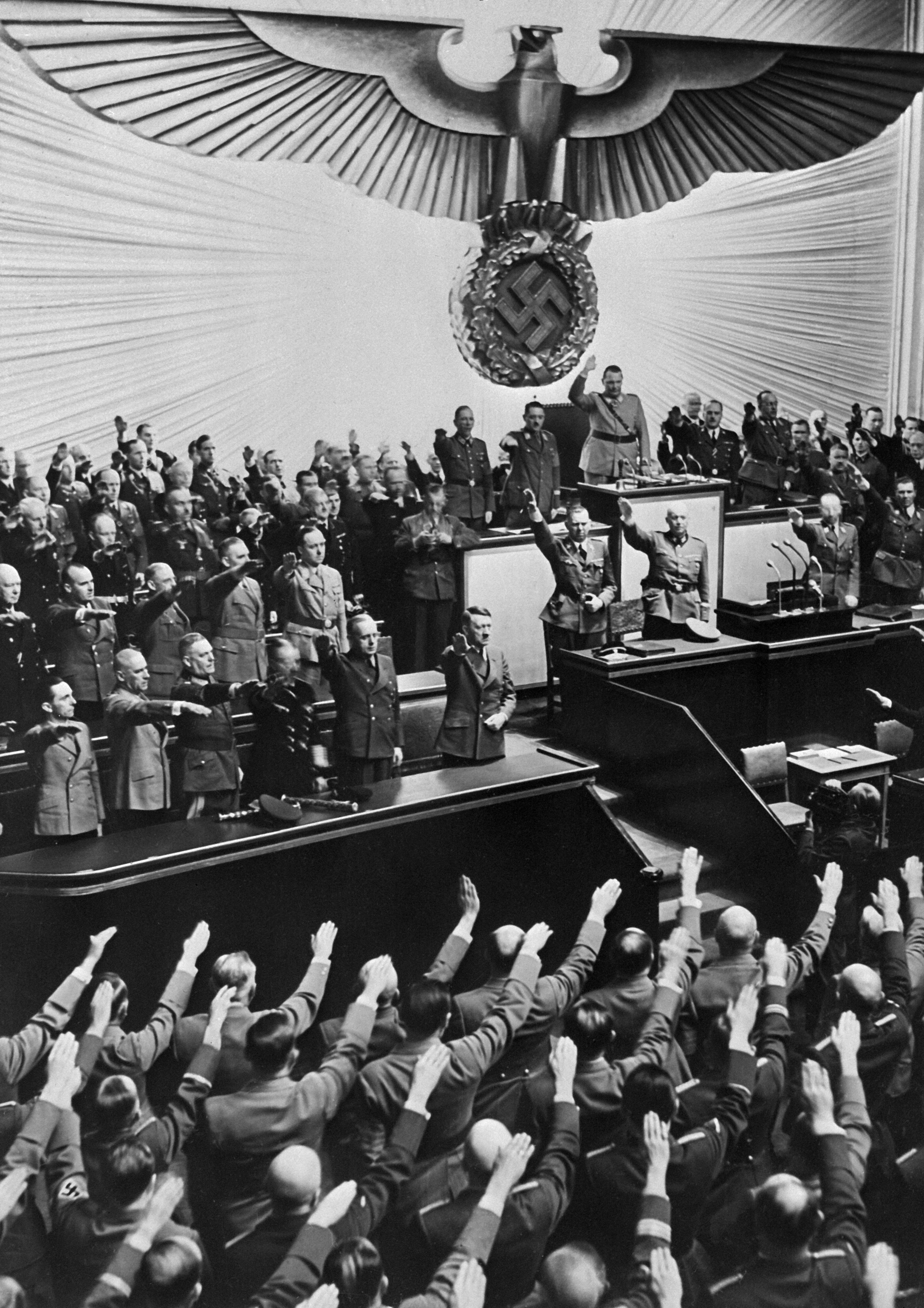
OFF/AFP/Getty Images
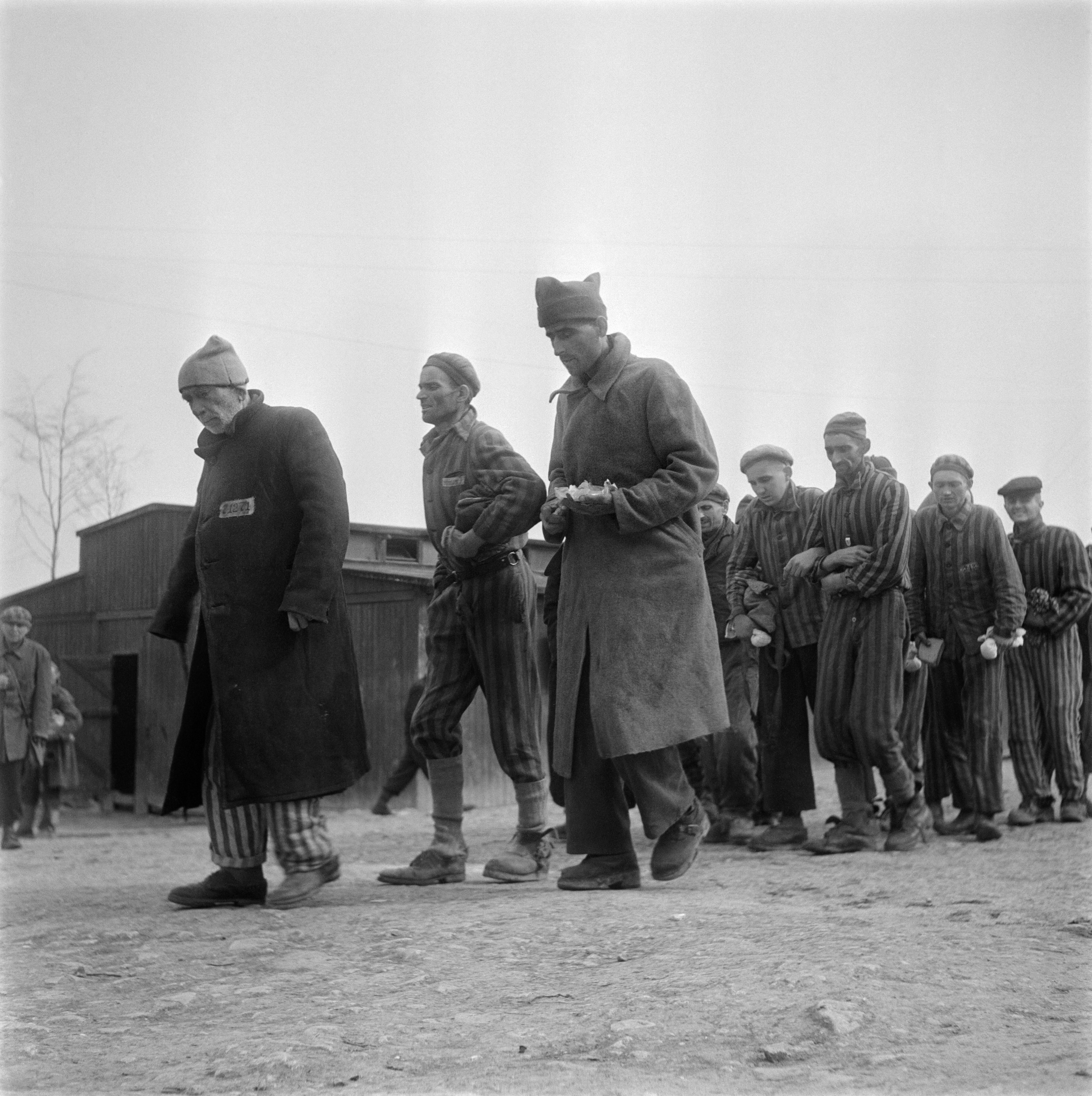
ERIC SCHWAB/AFP/Getty Images
David was deported once more to the Nazi military labor camp, Güsen II, where he was required to build German aircrafts. When the Americans liberated his camp, David weighed 78 pounds.
Democratic Connecticut Sen. Richard Blumenthal likened America’s zero tolerance immigration policy to the “cattle cars of Nazi Germany.” Pundits and politicians have echoed the sentiment.
“This policy of family separation reminds us of the cattle cars of Nazi Germany when children were separated from their parents and marched to supposed showers. It reminds us of the Japanese internment camps. It reminds us of all the darkest periods,” Blumenthal said.
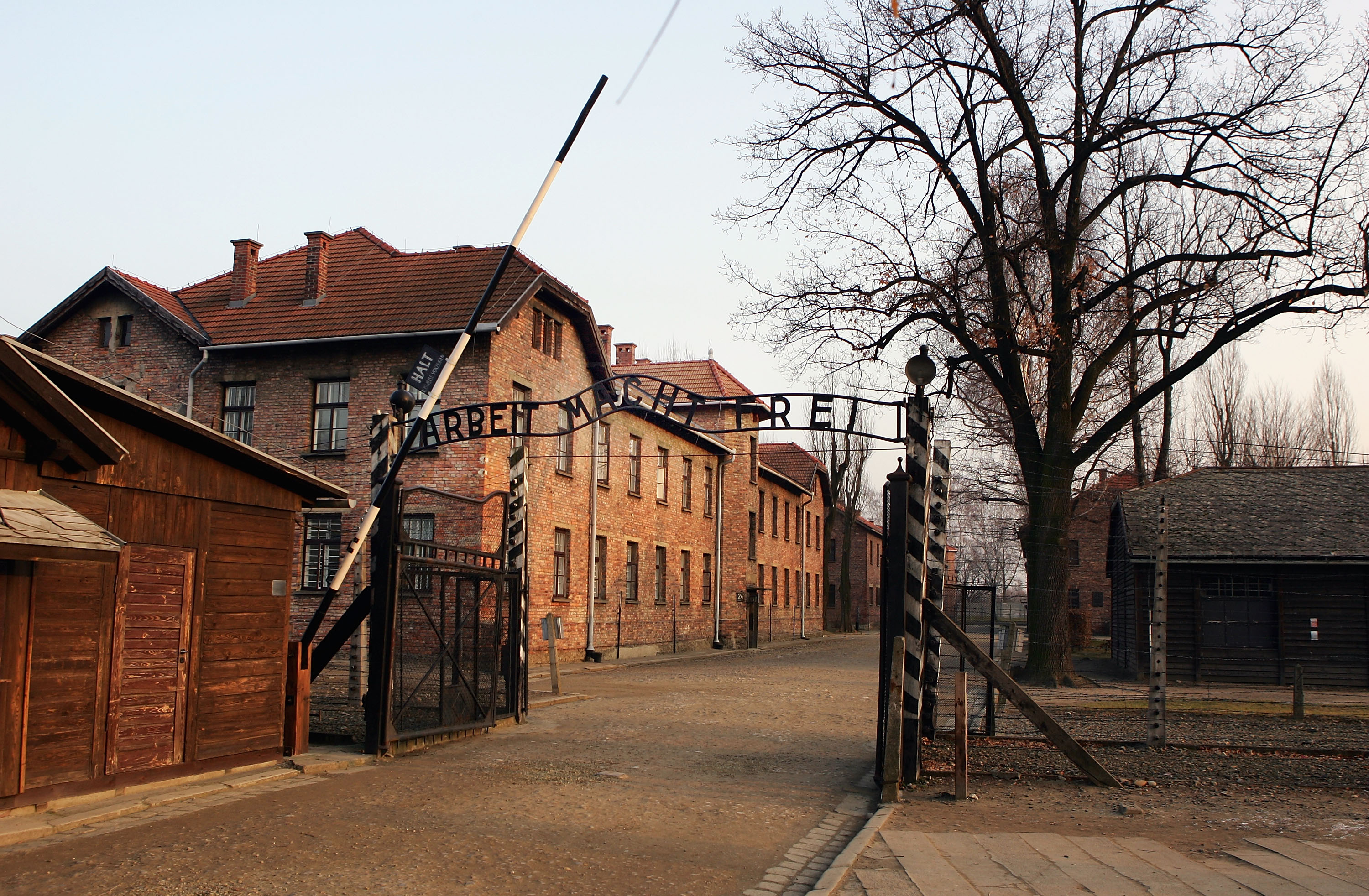
Scott Barbour/Getty Images
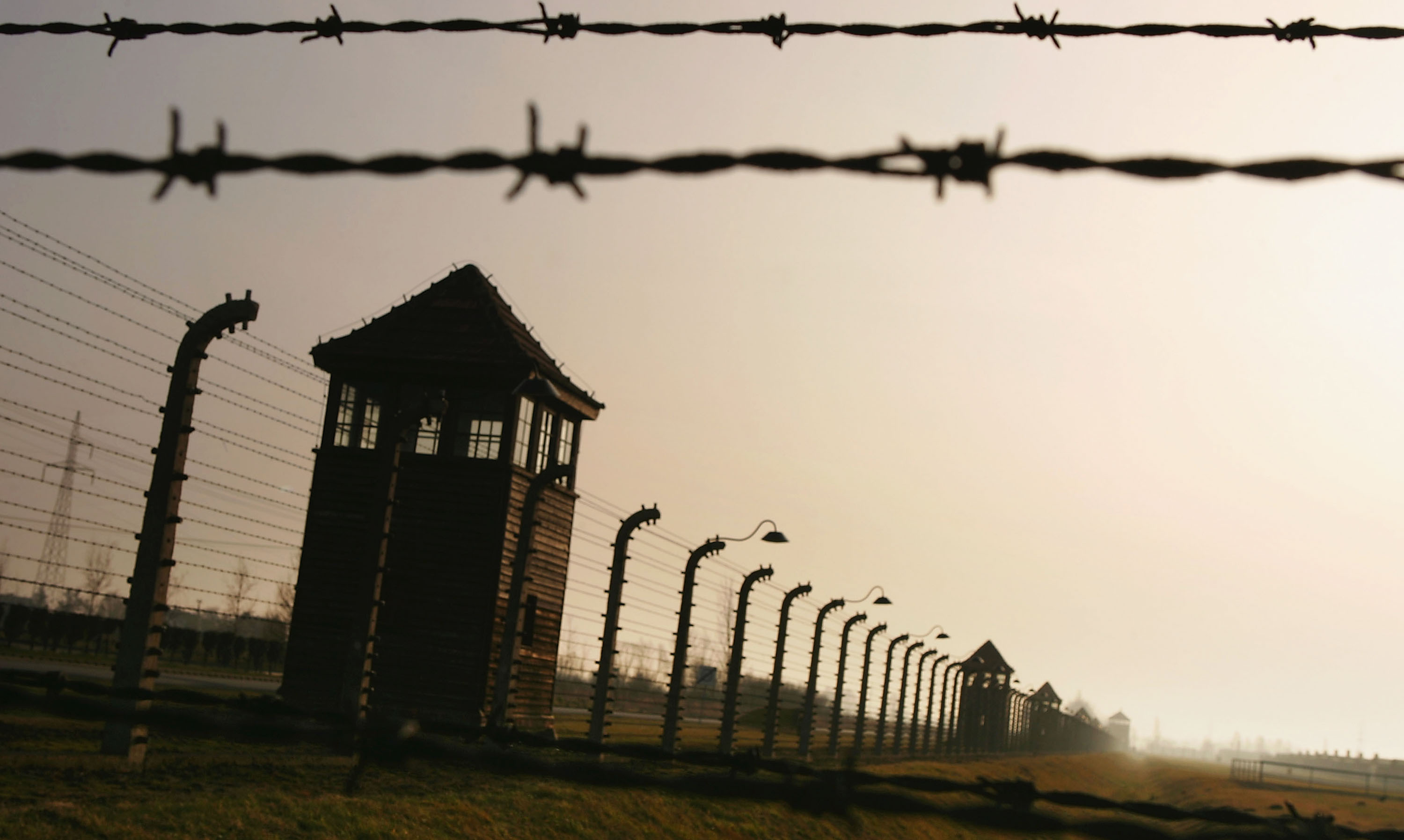
Photo by Scott Barbour/Getty Images
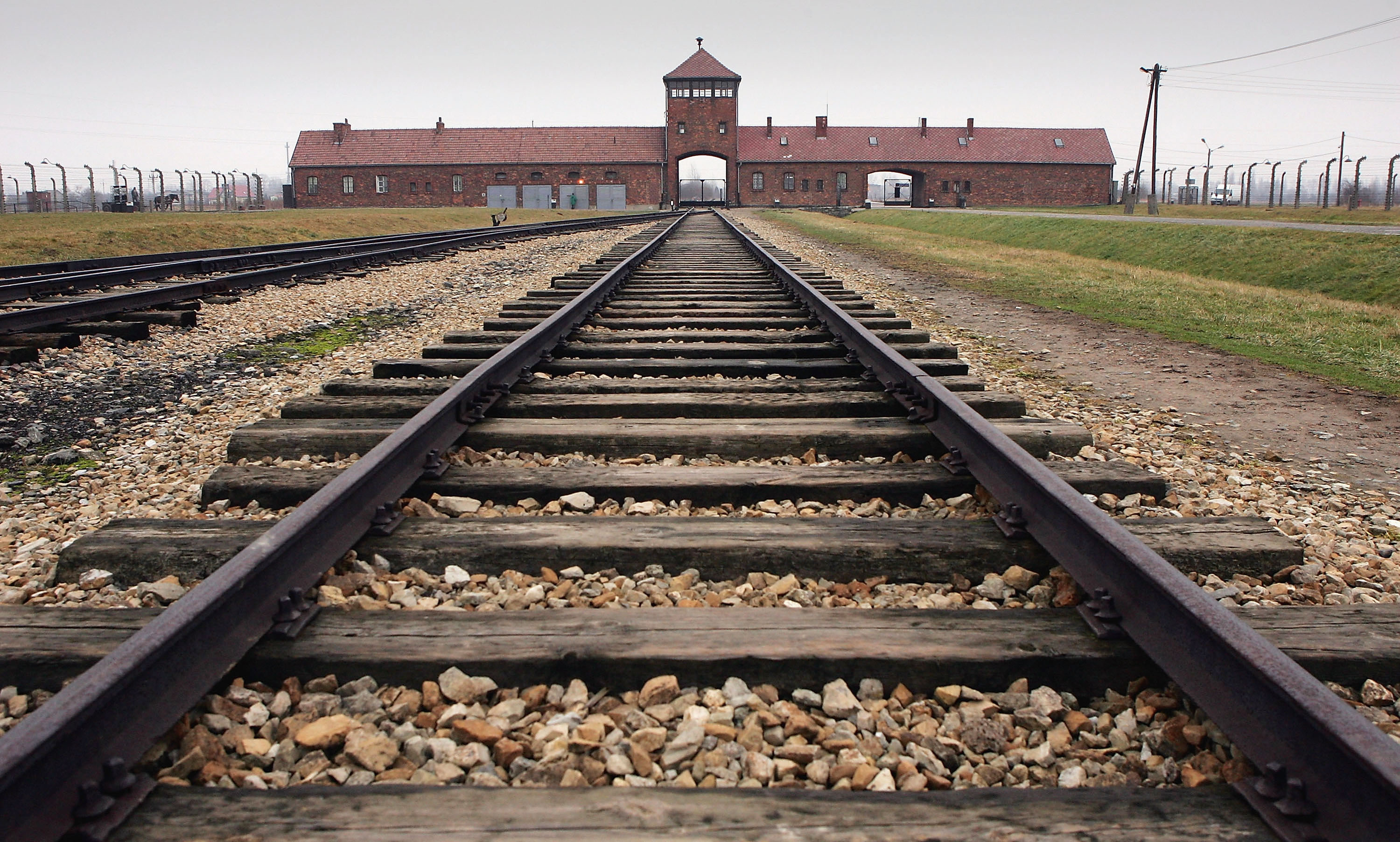
Scott Barbour/Getty Images
“I don’t believe it when I heard it,” Tuck said when he heard Blumenthal’s statement, “They know nothing of the Holocaust.”
“They are politicians, looking to get paid,” he said, repeating that those who make the comparison “know nothing.” When asked to compare the American border detainment facilities to actual concentration camps, Tuck said, “This is a country club.”
“I was given a piece of bread in the morning. A piece of bread in the evening,” Tuck said, “I had to survive with my life. I have a number on my arm to prove it — from Auschwitz.”
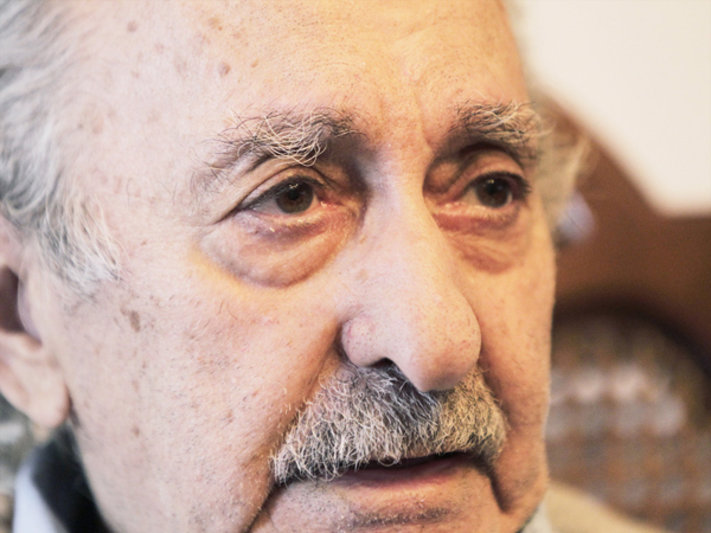
Mark Wilson/Getty Collections
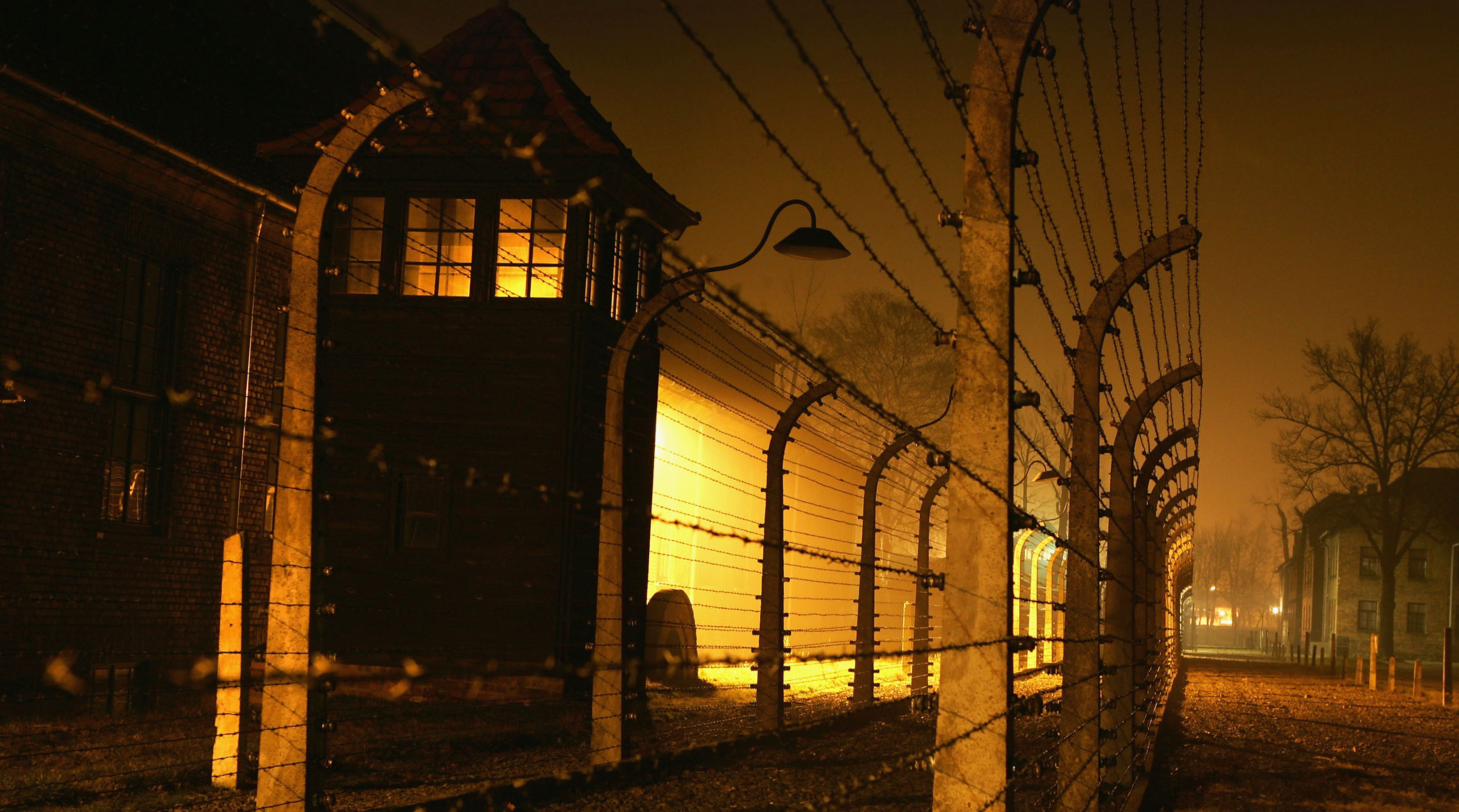
Scott Barbour/Getty Images
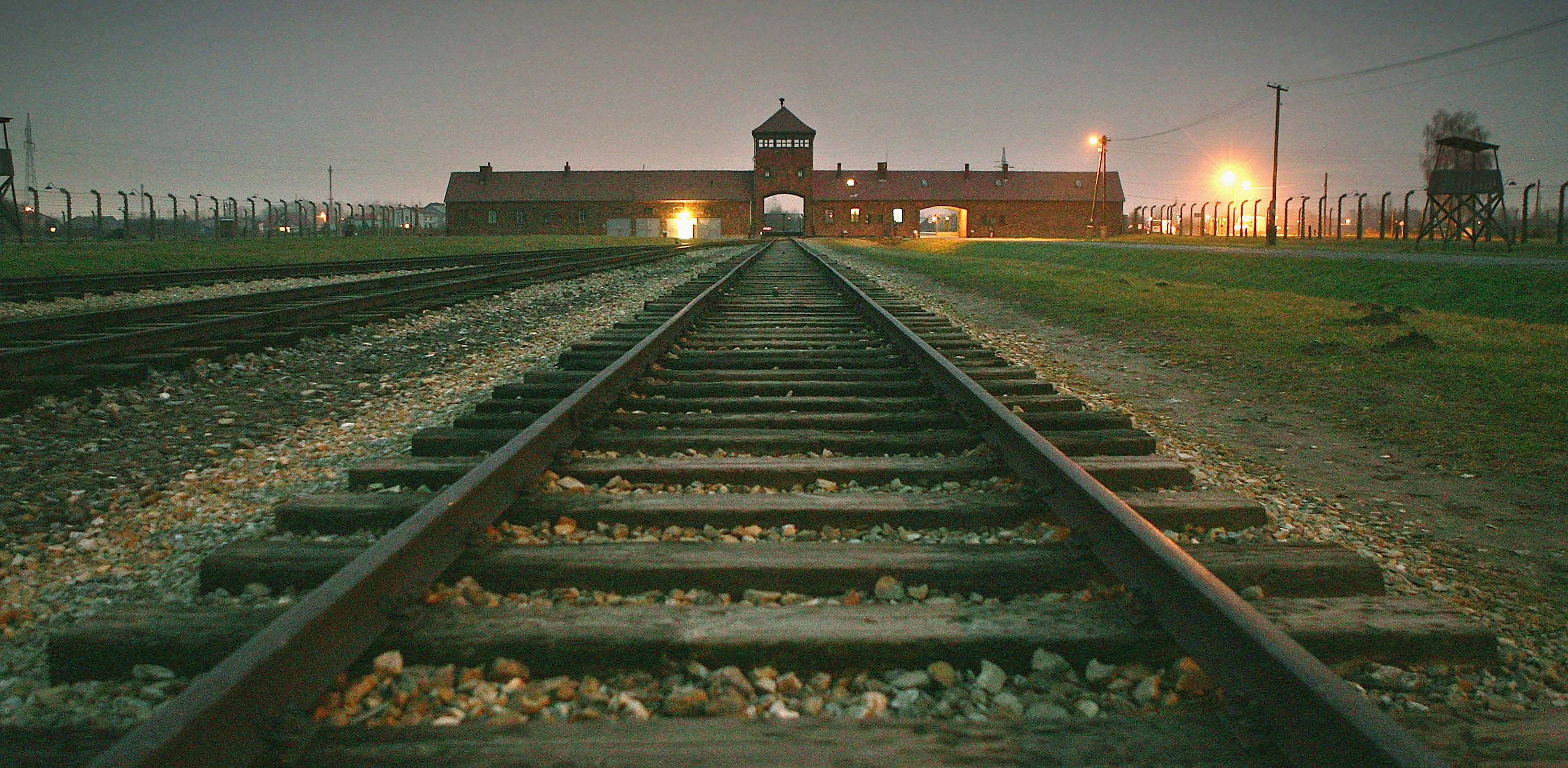
Scott Barbour/Getty Images
Tuck said that after the American Army freed him, he desperately wanted to move to America. It took five years of recuperation, paperwork and applications but Tuck finally made it to America in 1950. He has lived here ever since.
“They want to come to America. So did I,” Tuck says of the immigrants entering the country illegally today. “But you have to know who is coming in. It is wrong to separate the kids from the parents. But to call it a concentration camp? That is wrong. It’s a country club.”
Tuck said that seeing the American political system embrace a nonchalant use of Nazi words and imagery is deeply disturbing to him. Speaking specifically about the white supremacist marches in Charlottesville last year, Tuck said it brought back “terrible memories.”
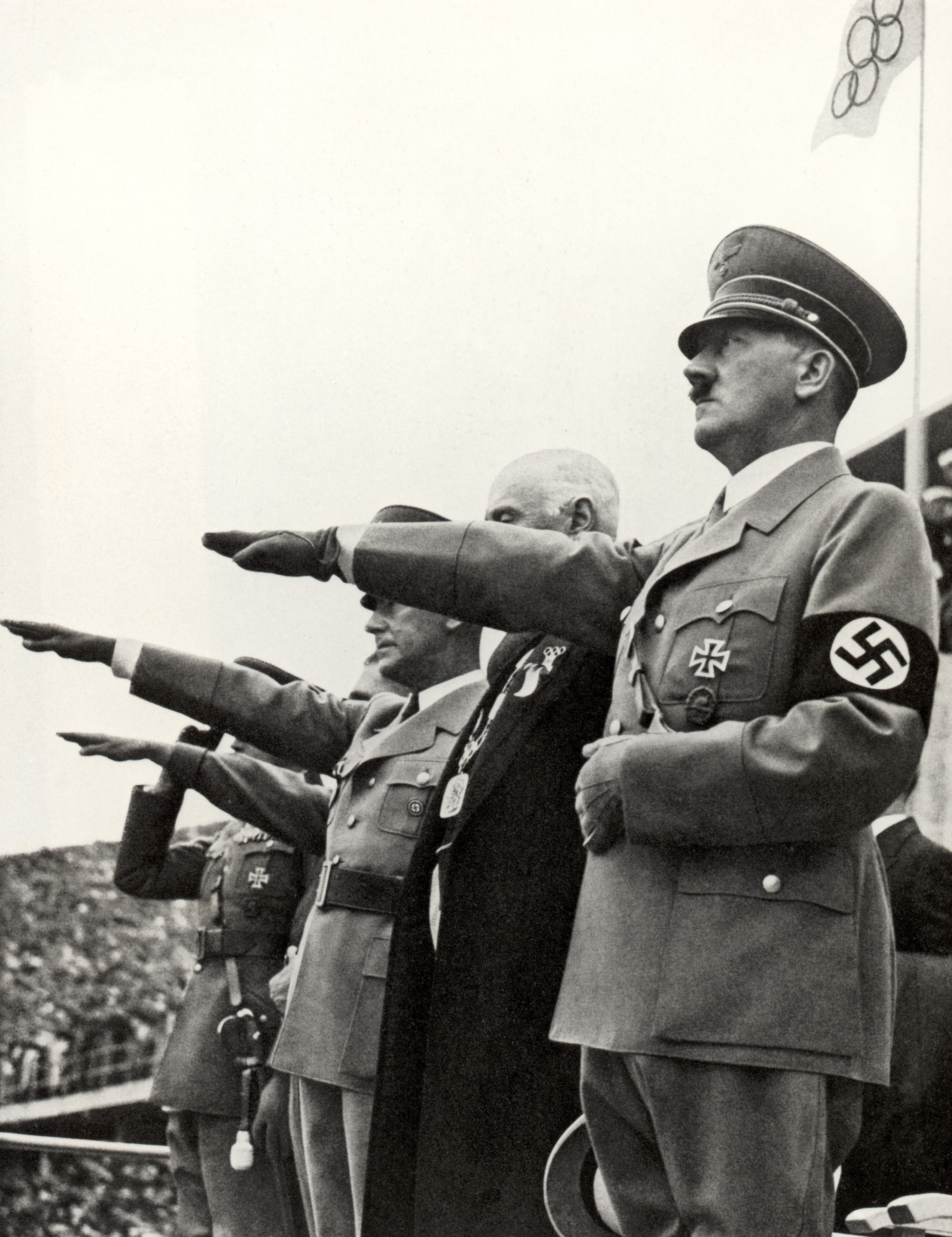
Photo by Getty Images
“When I saw the swastikas and the signs that said ‘Jews Leave America’ it brought back terrible memories.”
Tuck, who spends much of his time lecturing school kids about the Holocaust, says it is in times like this that his story must be told.
“Not too many people are around. Time is getting by quick,” the Holocaust survivor says. “We must tell our story.”
David Tuck wrote about his experiences in the book, “David Tuck: A Story of Holocaust Survival.”


